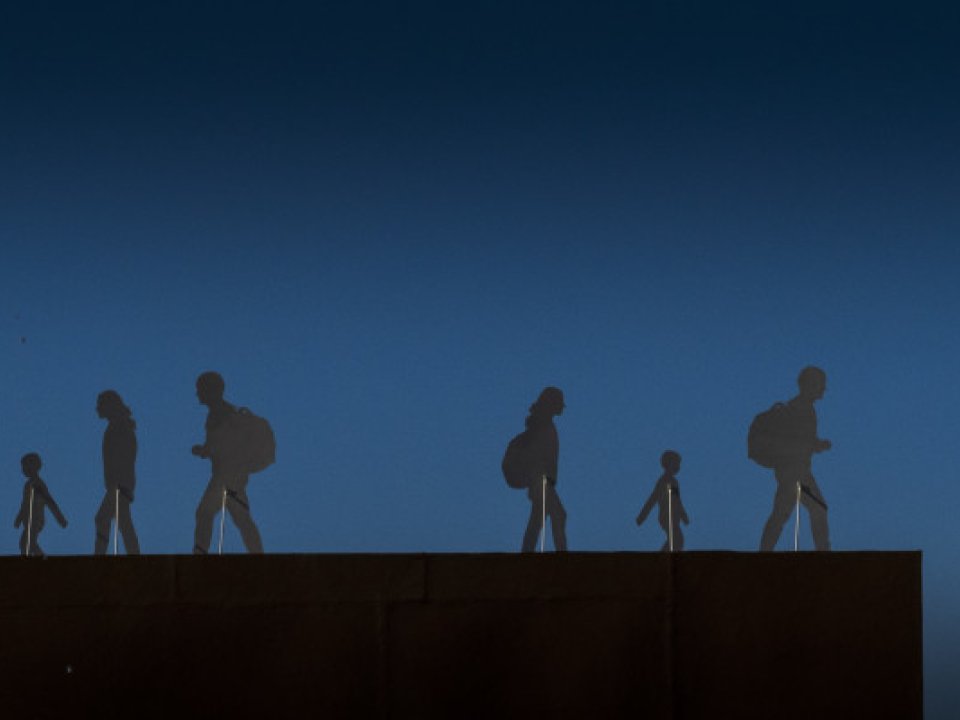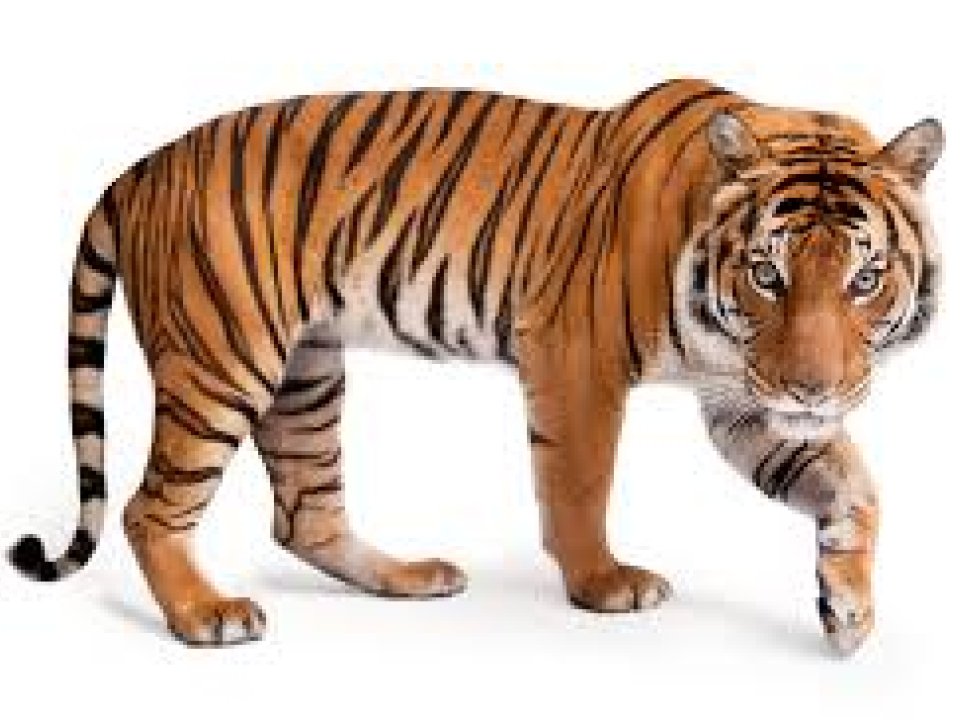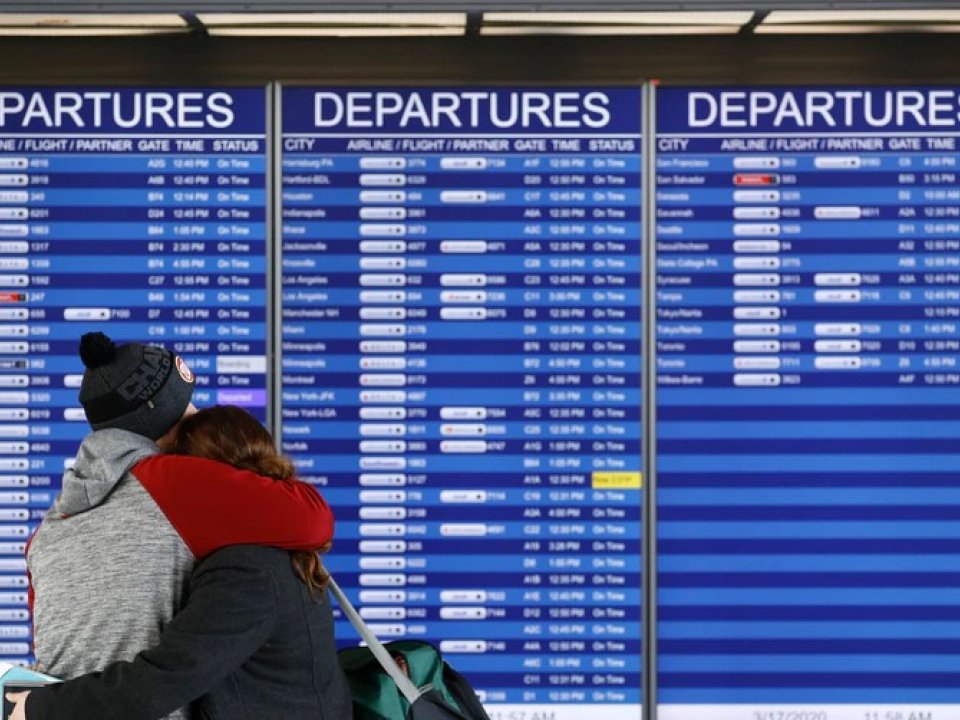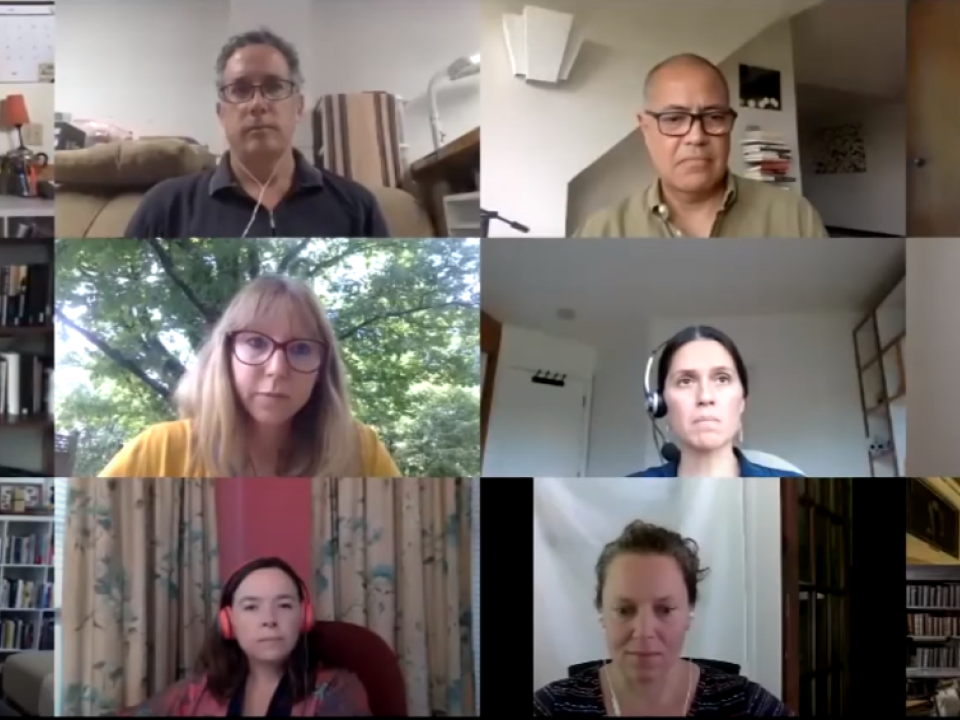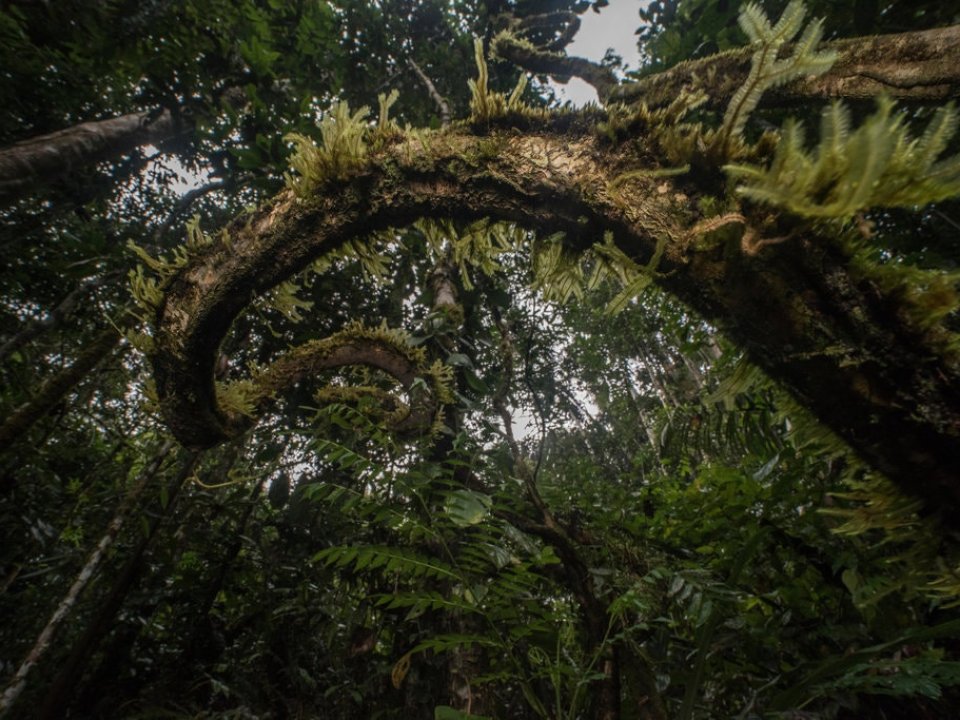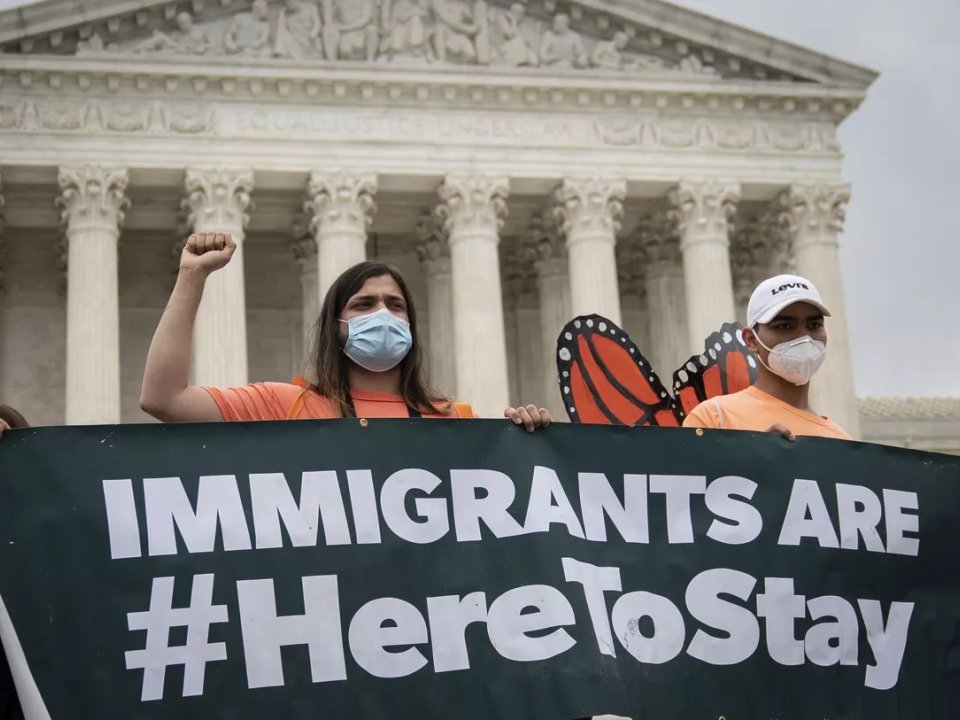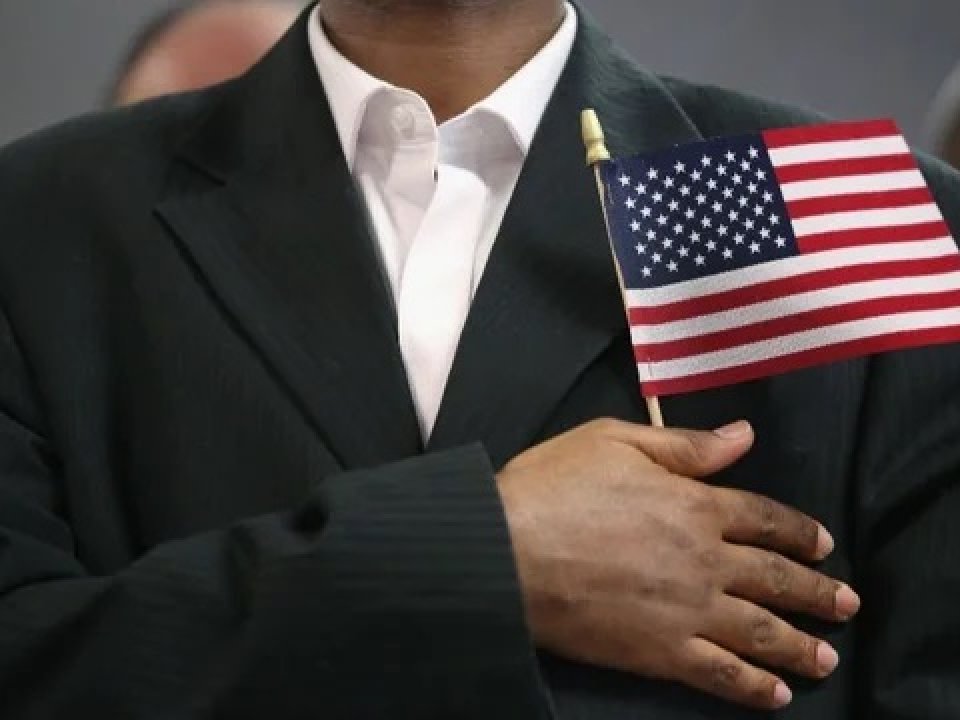News
The Lab of Ornithology is mentioned throughout this piece related to a migration forecast map it and Colorado State University released showing a high intensity of migration. The article also mentions a report out of the lab finding a high number of migratory birds pass through Chicago, which generates high amounts of light pollution that could throw birds off course.
The initial impact of the pandemic was to bring human mobility to a grinding halt. The UN Secretary General has called for States to use the pandemic as an opportunity to ‘reimagine human mobility for the benefit of all’. Ian Kysel, visiting assistant clinical professor of law, describes how to limit some of the potential pitfalls of the efforts to innovate.
Diego Diel, associate professor of population medicine, says that though the coronavirus is zoonotic it causes a fundamentally human disease and notes that if the virus posed a significant threat to animal health, we would know by now. The piece also notes that the vet lab at Cornell and other schools confirmed lions at the Bronx Zoo tested positive for coronavirus.
“Many of these jobs are specialized and, depending on the nature of the job, it may not be feasible for an employer to find a U.S. worker to replace them,” says Stephen Yale-Loehr, professor of immigration law.
Einaudi Center Migrations faculty fellows Steve Yale-Loehr and Gunisha Kaur discuss the coronavirus crisis affects on immigrants, asylum seekers, and refugees, including new healthcare, public benefits, and detention policies these populations face.
Our world is increasingly in motion. In a new interdisciplinary course, "Migrations: A Global, Interdisciplinary, Multispecies Examination" (DSOC 4940), we approach migrations as multispecies phenomena emerging from dynamic socioecological systems.
The sudden shift to 'work from home' has come as a surprise to Indian technology firms, but according to Kaushik Basu, professor of economics and international studies, “digital globalization is going to grow” regardless of populist waves sweeping politics.
The number of lianas is increasing in tropical forests relative to trees, and their overabundance can hamper a forest’s ability to store carbon, so botanists are eager to learn more. “We understand a lot about their ecology, but we don’t understand how these diverse and strange wood forms evolved,” says Joyce Chery, assistant research professor.
Stephen Yale-Loehr, professor of immigration law, says “This makes the election even more important than before. If President Trump wins reelection, he will have another four years to try to terminate the DACA program.”
In this op-ed, law professor Stephen Yale-Loehr and post-doctoral fellow Mackenzie Eason argue that increasing the number of highly skilled foreign workers will help the U.S. recover from its current economic crisis, and they call for a new pilot program that would admit 50,000 additional skilled immigrants each year through a points system.


